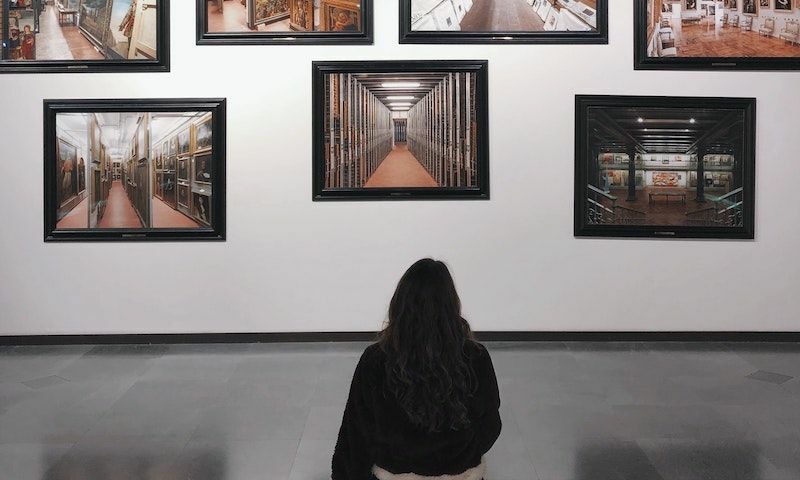As students, we are constantly learning. New concepts, ideas and perspectives are getting thrown at us in every class we attend. So if we’re learning a lot, we must be killing it in terms of intellectual well-being, right? Partially yes, but there’s actually a lot more to intellectual well-being than just absorbing loads of information.
What is intellectual well-being?
Intellectual well-being involves being actively open to new perspectives and experiences through a posture of exploration and curiosity. Intentionality, humility and courage are key to growing in intellectual well-being. It takes courage to ask questions that put you outside of your comfort zone, and it takes simultaneous humility to acknowledge that you don’t have all the answers. If you’re starting to get worried that you don’t have time to read all the books or plan office hours with every one of your professors, don’t fret! You can take small steps to grow in many areas of intelligence. Some types of intelligence include interpersonal, musical, visual-spatial, bodily-kinesthetic, intrapersonal, logical-mathematical and naturalistic intelligence.
Why should we pursue intellectual well-being?
God made this world and everything in it. As we intentionally pursue learning about the world and people around us, we will come to know God better. He made the world so that we can enjoy it and learn from it, so as we remain curious about uncovering truth, we bring him joy. Pursuing intellectual well-being draws us closer to him and allows us to be people who appreciate his creation.
How to practice and grow in intellectual well-being?
Here is a list of some ideas to help you grow in intellectual well-being:
If you have room in your schedule, take classes outside of your major that interest you
Visit a museum
Make a piece of art or write a poem
Bring up a random or thought provoking question with your friends or family to spark an interesting conversation
Join a club that sparks your interest
Schedule office hours with a professor to dig into a topic mentioned in class that you have questions about
Attend events on campus that expand your perspective
Engage in activities that expand your skill set (such as taking a cooking class or trying a new sport)
Read a book about a topic, place or perspective that you’ve been wanting to explore
Attend a cultural event
I encourage you to learn more about Biola’s clubs on campus and check out the student leadership opportunities! Best of luck in all your curious endeavors!
Kamryn Newport (Psychology and Sociology, ‘22) is a Peer Wellness Ambassador in the Office of Student Wellness.
 Biola University
Biola University

.jpg)
.jpg)